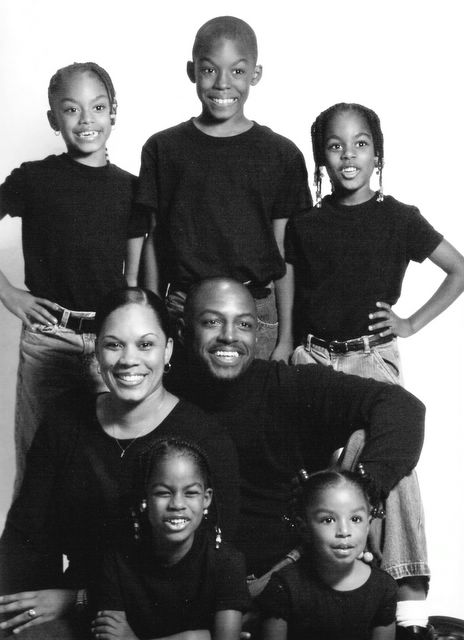 Sherard is the Pastor for Christian Education at Glendale Baptist Church in Miami, FL. His survey questions were answered as follows:
Sherard is the Pastor for Christian Education at Glendale Baptist Church in Miami, FL. His survey questions were answered as follows:1. What was the first book you read that introduced you to Reformed Theology? Chosen By God, R.C. Sproul
2. List the five most influential books in your Reformed Theological journey: Chosen By God, R.C. Sproul; The Institutes of Christian Religion, John Calvin; Reformation Thought, Alistair McGrath; The Death of Death in the Death of Christ, John Owen; Christ of the Covenant, O. Palmer Robertson
3. List three preachers and/or teachers who were most influential in your journey. Lehman D. Bates, R.C. Sproul, John Piper
4. If you could give one book to someone interested in Reformed theology, what book would you give? Chosen By God, Sproul
5. What doctrine would you say distinquishes Reformed theology? The doctrine of God's atoning work - Limited Atonement
 Anthony Bradley is Assistant Professor of Apologetics and Systematic Theology at
Anthony Bradley is Assistant Professor of Apologetics and Systematic Theology at 





